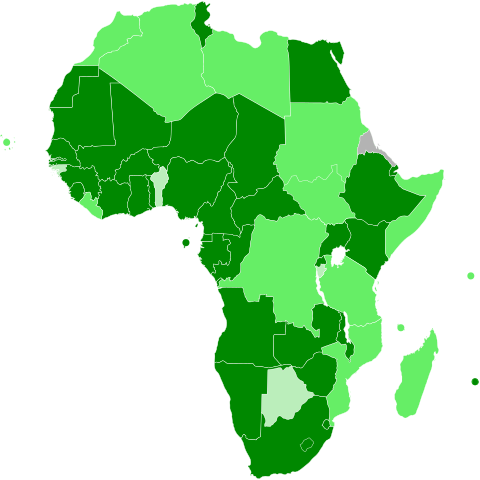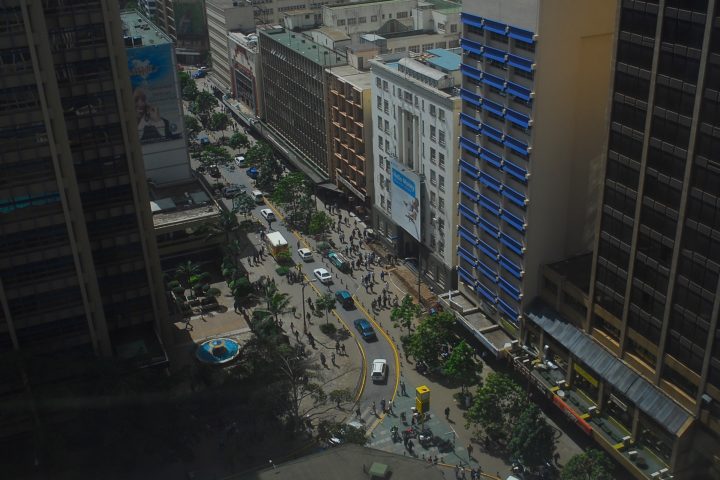By Chancia I. PLAINE, Environmental Lawyer
Reducing Emissions from Deforestation and Degradation (REDD) is a proposal for a climate change mitigation mechanism that would reduce greenhouse gas emissions by paying developing countries to stop cutting down their forests. The concept of REDD is not a new idea. Compensation for tropical forest conservation was proposed by environmental scientists in the 1980s and 1990s, but it was not until the second half of the 1990s that the idea gained ground at the international level, when it was discussed at various events of the United Nations Framework Convention on Climate Change (UNFCCC), including COP 3 in Kyoto in 1997. Nevertheless, technical concerns and opposition from some environmental groups resulted in the exclusion of forest protection from the Kyoto Protocol in 2001. The concept of “avoided deforestation” re-emerged on the international scene in 2005 with the formation of the Coalition for Rainforest Nations (CfRN) at COP11 in Montreal in 2005. Two years of negotiations and technical progress culminated in the Bali Action Plan of December 2007, which called for “positive policy approaches and incentives on issues related to reducing emissions, deforestation and forest degradation in developing countries (REDD). It later evolved to include sustainable forest management (e.g., reducing impact logging) and reforestation, now called REDD-plus (“REDD+”).
The financial issue is a valuable element in this debate. The question here is whether REDD+ will be incorporated into a carbon market or borrowed from a non-market scheme. What are the requirements for its implementation in the countries of the Congo Basin? The Warsaw Agreement adopted in December 2013 made it possible to affirm the existence of the REDD mechanism in climate negotiations on avoided deforestation. The second session of the climate negotiations ended on 11 June 2015 in Bonn with timid progress. One of the positive points of the negotiations to prepare for COP 21 is the agreement on tropical forests. They defined the modalities of the so-called REDD+ scheme. This agreement will still have to be ratified in Paris at the end of the year.



